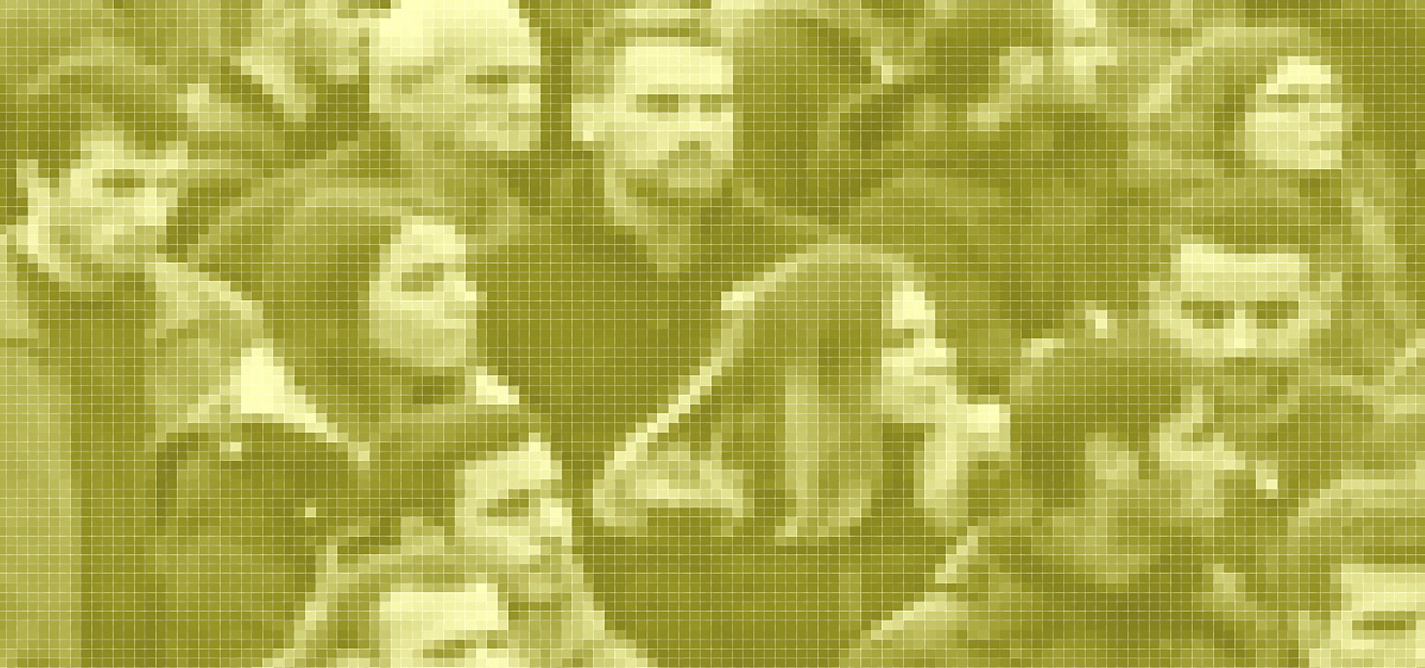
Make 2017 the Year of Resistance
After this most difficult of political years, it’s time for engagement and action.
That is why the “small” movements are important and carry weight. These issues are often treated as being on the periphery of public concern, and all too often today, the individual or small group responsibility and ability to overcome structural inequalities is disregarded.
If we take our liberties for granted, give up on fighting for them, or fail to acknowledge the abuses of others’, we risk becoming simple spectators to democracy.

Besa Luci
Besa Luci is K2.0’s editor-in-chief and co-founder. Besa has a master’s degree in journalism/magazine writing from the University of Missouri’s School of Journalism in Columbia, U.S..
DISCLAIMERThe views of the writer do not necessarily reflect the views of Kosovo 2.0.
This story was originally written in English.